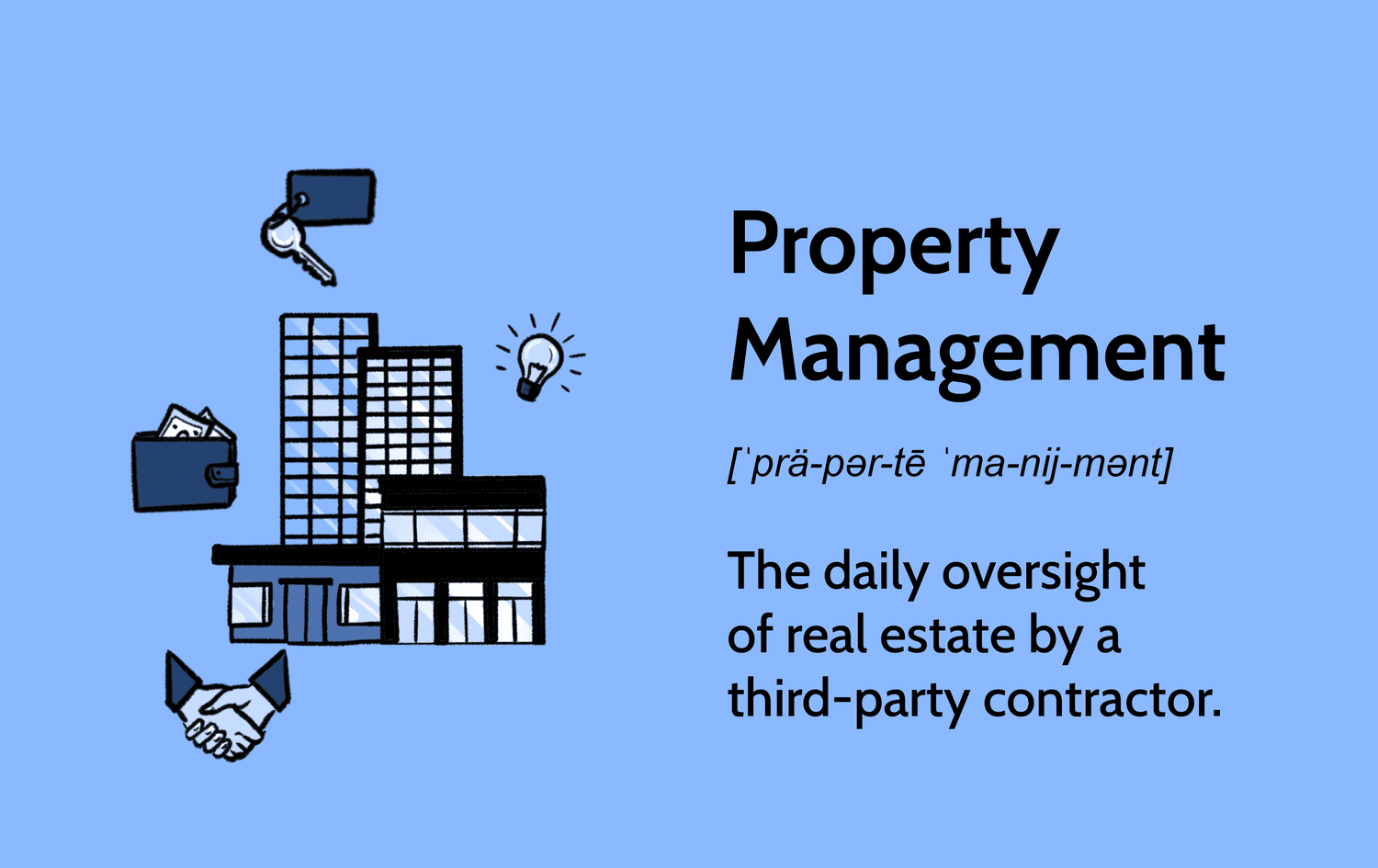Intuition is often described as the ability to understand something instinctively, without the need for conscious reasoning. It’s that gut feeling we sometimes have when making decisions, interpreting situations, or connecting ideas. While intuition is widely regarded as a mysterious and unexplainable force, it can actually be broken down into several types. Each type of intuition plays a different role in our daily lives, influencing our decisions, reactions, and understanding of the world.
1. Emotional Intuition
Emotional intuition refers to the ability to pick up on and understand emotions—both your own and those of others. It’s that immediate sense of how someone might be feeling without them saying a word. Emotional intuition is often seen in highly empathetic individuals who can connect deeply with others’ emotional states. This type of intuition plays a key role in forming relationships, making personal decisions, and even in professional settings, where understanding the emotional dynamics of a situation can lead to better outcomes.
Example: Imagine a situation where you’re in a meeting, and you can instantly tell that a colleague is upset, even though they’re not expressing it openly. This emotional intuition can guide you to approach them with sensitivity, improving communication and potentially resolving any underlying issues.
2. Cognitive Intuition
Cognitive intuition involves the rapid processing of information in the brain, often in a split second. It’s the ability to make judgments based on patterns or past experiences without consciously analyzing every detail. Cognitive intuition is especially important in problem-solving and decision-making, as it allows individuals to arrive at conclusions quickly, often without realizing how they got there.
Example: A seasoned nurse or doctor may instinctively know the correct diagnosis or treatment plan for a patient, even before all the tests are completed, based on their years of experience and the recognition of certain patterns.
3. Creative Intuition
Creative intuition is the type of intuition that leads to spontaneous ideas, solutions, or artistic expressions. It’s often associated with “aha” moments when something innovative or new comes to mind without logical deliberation. Artists, inventors, and entrepreneurs often rely on creative intuition to break boundaries and come up with groundbreaking ideas.
Example: When an artist feels compelled to create a piece of work without a clear plan, allowing the colors or materials to lead the way, they’re using their creative intuition. Likewise, entrepreneurs might come up with a new product idea after a flash of inspiration, which then turns into a successful business venture.
4. Spiritual Intuition
Spiritual intuition is linked to a deeper connection with oneself or the universe, often seen in individuals who practice mindfulness, meditation, or other spiritual practices. It’s an intuitive sense of guidance that some believe comes from a higher power or inner wisdom. People who rely on spiritual intuition often use it to navigate life choices, relationships, and personal growth.
Example: A person might feel an inner pull to take a different path in life—perhaps changing careers or moving to a new city—without being able to logically explain the reasons. For them, this feeling is a sign from their spiritual intuition, guiding them toward a more fulfilling life.
5. Physical Intuition
Physical intuition is the body’s way of alerting you to danger or discomfort before your conscious mind can register it. This type of intuition is often referred to as a “gut feeling” and can manifest as a sudden sense of unease or a strong physical reaction in the body. This type of intuition is often rooted in survival instincts and can be incredibly helpful when making safety-related decisions.
Example: You may feel a sudden sense of discomfort when walking down a street at night, even if there’s no immediate danger. This gut feeling could be your body’s intuitive response to a potential threat, signaling you to take extra precautions.
6. Social Intuition
Social intuition is the ability to quickly grasp social dynamics and understand how to behave in different social situations. It involves reading body language, tone of voice, and other subtle cues to assess how people are feeling and what they need. This type of intuition is especially useful in building relationships, both in personal and professional contexts.
Example: At a party, you might quickly realize that someone feels out of place or is uncomfortable and instinctively know how to help them feel more at ease, even if they haven’t said anything about it. This ability to read the room is a key aspect of social intuition.
How Intuition Impacts Decision-Making
Intuition, in its various forms, can significantly influence how we make decisions. Whether it’s in our personal relationships, at work, or when facing life-altering choices, our intuition often leads us toward the best decision, even when logic and analysis are unclear.
For example, an entrepreneur may have a feeling that a particular business idea will succeed, despite market uncertainty, and decide to invest in it. Similarly, a mother might have a strong intuitive sense that something isn’t quite right with her child, prompting her to seek medical advice even if the child doesn’t show obvious signs of illness.
While intuition is a powerful tool, it’s also important to balance it with logical thinking and analysis, especially in complex situations. Trusting your gut can be incredibly helpful, but it’s also essential to gather information and evaluate options before making major decisions.
Conclusion
Intuition is not a single, monolithic concept. It encompasses a wide range of abilities and can manifest in emotional, cognitive, creative, spiritual, physical, and social forms. By recognizing and cultivating the different types of intuition, you can enhance your decision-making skills and navigate life’s challenges with greater confidence and clarity. Trusting your intuition can lead to more informed choices, deeper connections, and a stronger sense of direction in life.



